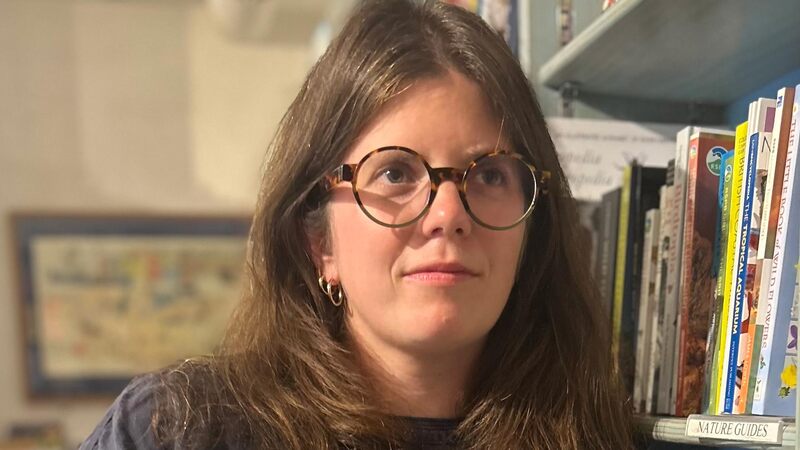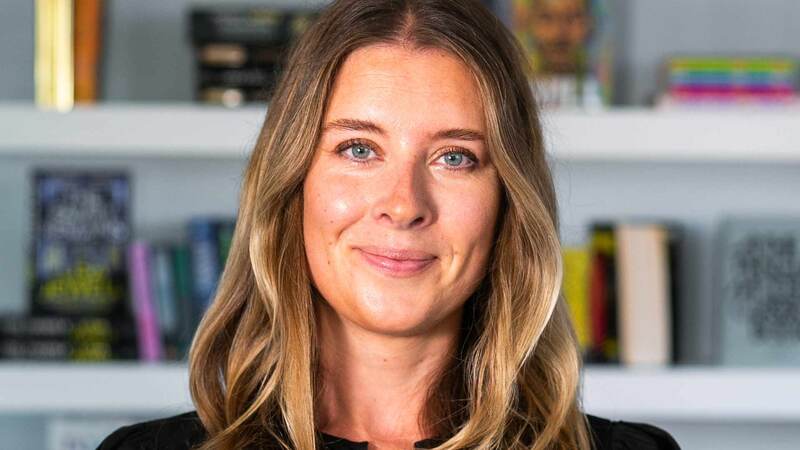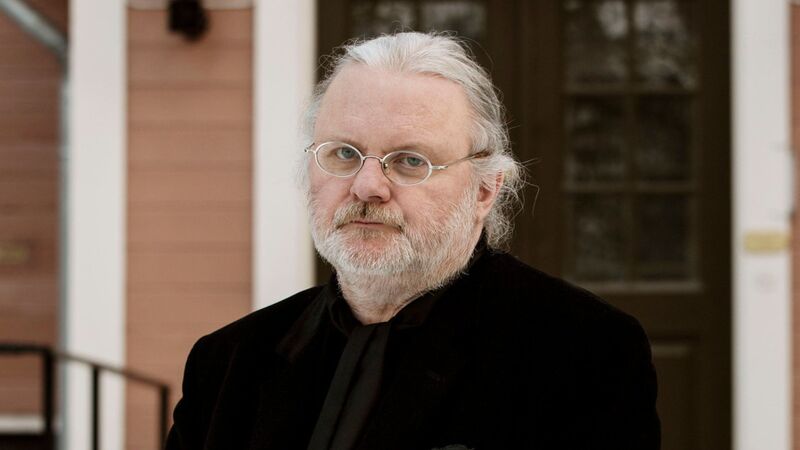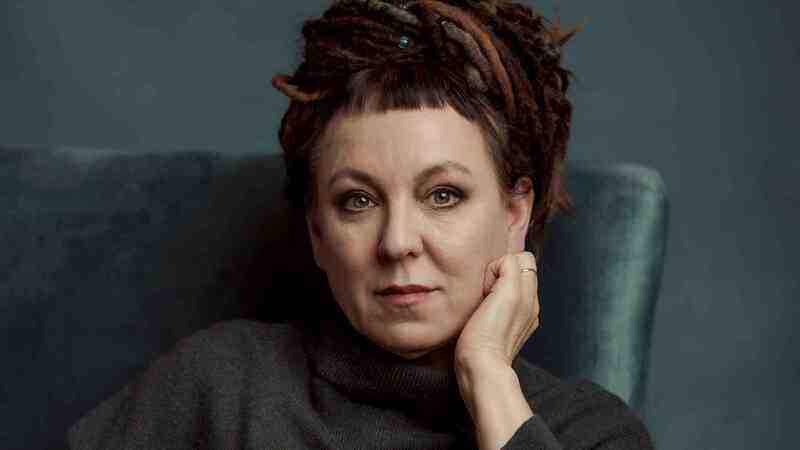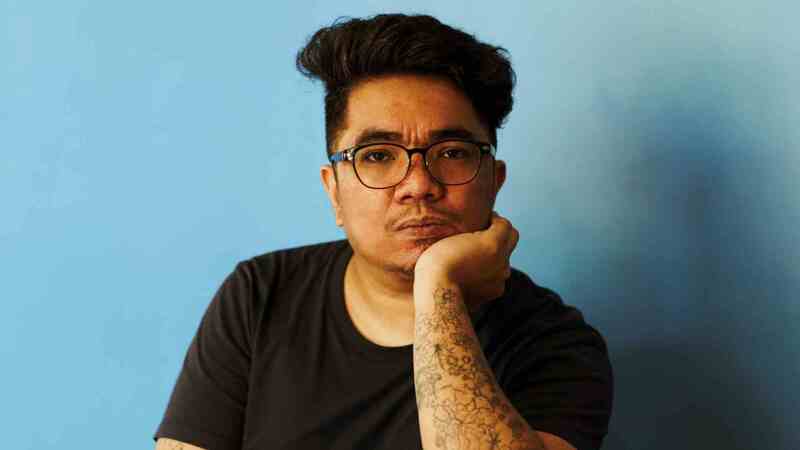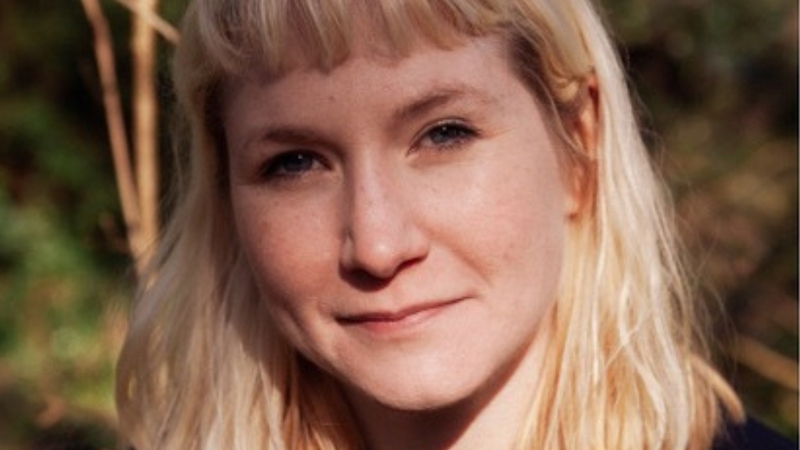You are viewing your 1 free article this month. Login to read more articles.
Whitehead wins Fitzcarraldo Editions Essay Prize 2017
Katy Whitehead has won the 2017 Fitzcarraldo Editions Essay Prize, an annual competition for unpublished British and Irish writers, rewarding the best proposal for a book-length essay.
Whitehead was awarded the prize for "Adventures in Synthetic Fun", an essay exploring the concept of ‘synthetic fun’ coined in the 1960s by Jeremy Sandford, and the changing nature of fun in an era of increasing automation, disputed oppression, widespread affective labour, illusory meritocracy, costly social mobility, divisive politics, and a degraded imagination.
The writer will receive £3,000 in the form of an advance against publication with Fitzcarraldo Editions, and will have the opportunity to spend up to three months in residency at the Mahler & LeWitt Studios in Spoleto, Italy, during the summer of 2017, to work on "Adventures in Synthetic Fun". The book will appear with Fitzcarraldo Editions in 2018.
Whitehead has been short- and longlisted for prizes including the Mslexia novel award, Myriad Editions First Draft competition, Penned in the Margins Generation Txt, and a Sky Academy Arts Scholarship. She has previously worked in publishing for five years, most recently as a commissioning editor at 4th Estate where she commissioned books by Lena Dunham and T. Geronimo Johnson.
The winning proposal was one of 67 entries, and one of five to be shortlisted. The other four shortlisted entries were "Wolf: An Anatomy of an Illness" by Elinor Cleghorn, an essay tracing the clinical and cultural histories of Lupus: "English as a Foreign Language" by Evan Harris, a "candid, critical and humorous" essay about the influential practice of teaching English as a foreign language; "Other, Mixed" by Will Harris, an essay on the experience of being mixed race, and examining how mixed-race characters throughout history, both real and imagined, might challenge the politics of the present; and "Possession" by Rebecca Ley, an essay about grief through the lens of objects, juxtaposing the essentially intangible nature of mourning with a human desire to hold onto material objects and tangible matter (including possessions, places, words, and physical pain).
The prize, which was judged by Joanna Biggs, Brian Dillon, Joanna Kavenna, Paul Keegan and Jacques Testard, was set up to find the best emerging essay writers and aims to reward essays that explore and expand the possibilities of the form. Made possible by an Arts Council Grant in 2015, it provides the winning author with their first experiences of publishing a book, from the planning, research and writing of it through to the editing, production and publicity stages.







